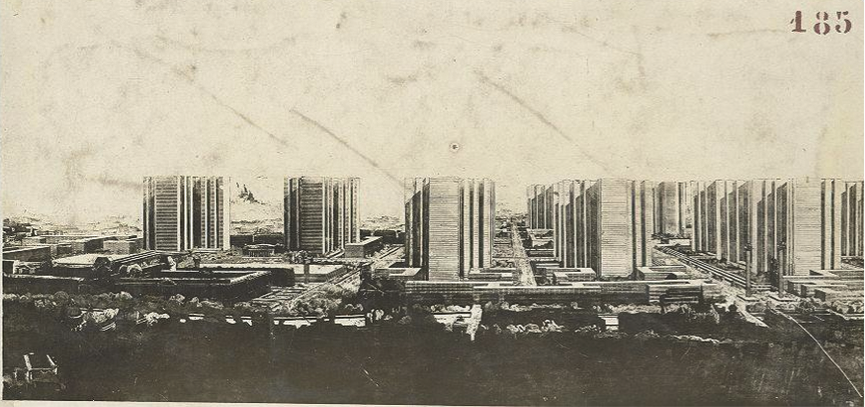Exploring Addis Ababa: Ethiopia’s Dynamic Capital

Introduction
Addis Ababa, the capital city of Ethiopia, plays a pivotal role in the social, political, and economic landscape of the country. Established in the late 19th century, Addis Ababa has evolved into a hub for diplomacy and culture, significantly impacting the region and beyond. The city is currently navigating key developments in infrastructure, economy, and international relations, making it an important topic for both residents and global observers.
The Significance of Addis Ababa
Located at an elevation of 2,355 meters, Addis Ababa is often referred to as the “Political Capital of Africa” due to its status as the headquarters of the African Union (AU) and various international organisations. The city serves as a focal point for discussions on political stability, economic growth, and social issues affecting the continent. Recent developments include the expansion of the AU’s role in regional peacekeeping efforts and the hosting of significant summits that attract international leaders.
Recent Developments and Challenges
In 2022, Addis Ababa was the centre of attention as Ethiopia faced internal challenges, including ethnic tensions and the aftermath of the Tigray conflict. The city has been crucial in the peace process and reconciliation efforts, drawing support from various international stakeholders advocating for stability in the region.
Furthermore, Addis Ababa is experiencing rapid urbanisation, with numerous construction projects, improved infrastructure, and a growing population. The ongoing development of the Addis Ababa Light Rail transit system is pivotal, providing vital connectivity for residents and reducing traffic congestion. However, this growth also presents challenges such as housing shortages and increased demand for public services.
Cultural Importance and Tourism
Addis Ababa’s rich cultural heritage makes it a notable destination for tourists. The National Museum of Ethiopia, which houses the famous fossil “Lucy,” is just one of the city’s many attractions. Furthermore, vibrant markets such as Merkato and the annual Addis Ababa Arts Festival showcase the city’s diverse artistic expressions and local cuisine. Despite global travel disruptions due to the COVID-19 pandemic, the city is poised for a resurgence in tourism as borders reopen and visitor interest grows.
Conclusion
The future of Addis Ababa is filled with possibilities and challenges. As the city continues to evolve, it remains a microcosm of Ethiopia’s broader narrative, reflecting the resilience and aspirations of its people. As international interest grows, both in the city’s development and its cultural richness, Addis Ababa stands as a testament to Ethiopia’s potential and plays a significant role in shaping the future of Africa.









